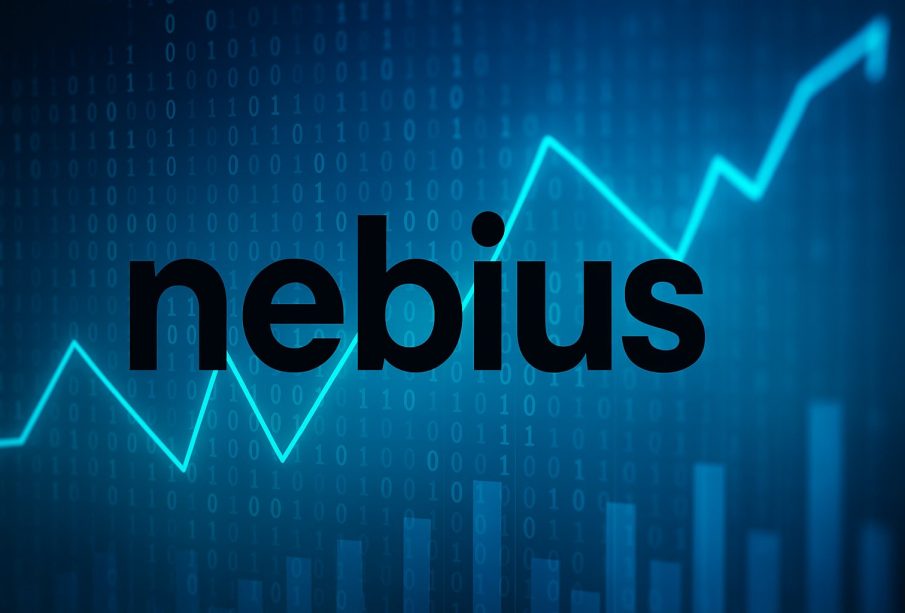Nebius Emerges as Major AI Infrastructure Player with Landmark Microsoft Partnership

Breaking New Ground in AI Infrastructure
Amsterdam-based Nebius has secured a transformative deal with Microsoft, providing dedicated artificial intelligence computing capacity worth at least $17.4 billion through 2031, with options that could increase the value by an additional $2 billion.
The company, which will deliver computing resources from its New Jersey data center, underwent a significant transformation last year after separating from Yandex when Russian investors acquired the latter’s Russian-language search engine and other assets.
Strategic Expansion and Technology Leadership
As a preferred cloud service provider in the NVIDIA Partner Network, Nebius specializes in high-end infrastructure optimized for AI training and inference. The company employs over 500 skilled engineers and operates multiple innovative businesses, including Avride, focusing on self-driving technology, and TripleTen, an edtech platform for tech career development.
The company has announced ambitious expansion plans, including a significant investment of more than USD 1 billion in European AI infrastructure by mid-2025. Their Paris facility will be among the first in Europe to offer NVIDIA H200 Tensor Core GPUs, and as an early adopter, they will implement the state-of-the-art NVIDIA Blackwell platform in 2025. These investments will enable Nebius to operate tens of thousands of NVIDIA GPUs.
Market Impact and Future Outlook
The announcement has had a significant impact on Nebius’s market position, with shares soaring nearly 50% following the Microsoft deal disclosure. The stock continued to surge amid investor excitement, highlighting strong market confidence. The partnership suggests that demand for powerful computing equipment needed for advanced AI systems remains robust.
This marks Nebius’s first long-term contract with a major tech company, with the company indicating there are ‘more to come.’ The deal comes at a crucial time as Microsoft seeks additional third-party support to address the growing demand for AI workload infrastructure, particularly as users like OpenAI increase their adoption of AI technologies.




